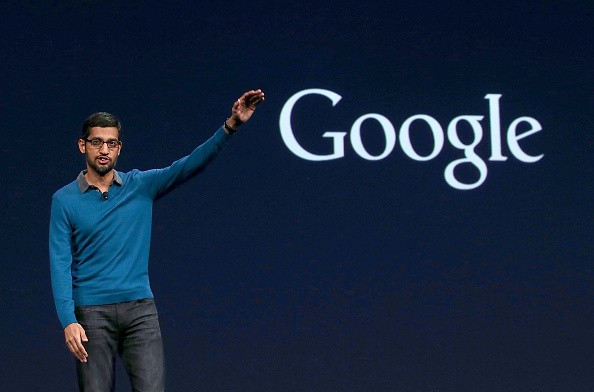If done right, Google may resume its search business in China, the company’s CEO Sundar Pichai revealed in an industry conference on Wednesday.
"If we can do it in the right and thoughtful way, we are always open to it," Pichai said at the Code conference in Rancho Palos Verdes, California. "I care about serving consumers everywhere."
Google shuttered its operations in mainland China and moved its Chinese-language search engine to Hong Kong in 2010 following a series of cyberattacks on Google originating from the country. The Internet giant also said it will stop censoring search results in China.
The controversial move cut Google off from the rapidly growing Chinese market, one that has been courted by rival Facebook and constitutes the second-largest market for Apple.
Google co-founder Sergey Brin said China's censorship campaign mirrors the "totalitarianism" of the former Soviet Union, where he was born.
Due to a reorganization the previous year, Brin and co-founder Larry Page now run Alphabet, a holding of the company's "moonshot activities" while Pichai runs Google.
The past year also saw Google seeking Chinese approval for access of its Google Play app store in the country, according to USA Today.
AI Development
Pichai's speech at the Code conference focused mainly on Google's work on artificial intelligence for voice-activated searches, saying Google "sensed a shift" three to four years ago and transitioned to improving voice searches.
"We saw significant step changes," he said. "We felt the inflection point and made a big shift internally."
Today, one out of every five searches is done via voice rather than typing, and Pichai foresees this trend to grow even further over the next years.
In response to a question on whether Google is better than its rivals Amazon, Facebook and Apple in developing AI and machine learning, Pichai said Google has "been doing it longer."
"People have been asking questions to Google for a long time," he added, although noting that the company is still in its early stages in AI technology.
"You take the long view and bring your strengths to it," he said. "This is the heart of what we do."



























